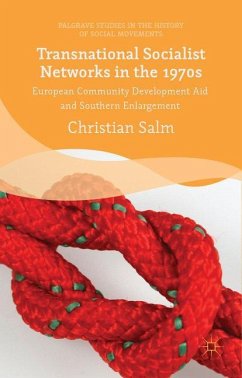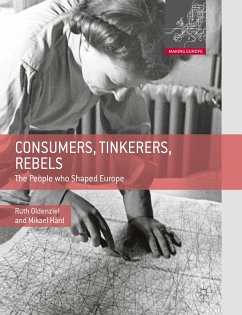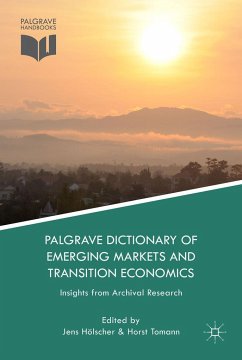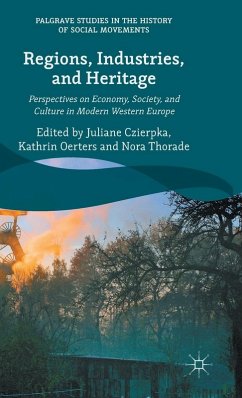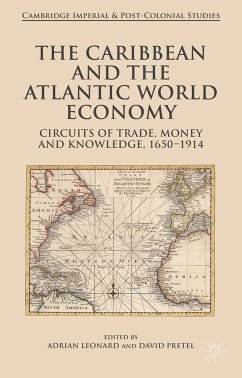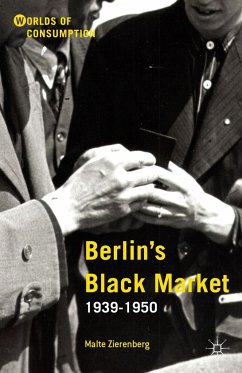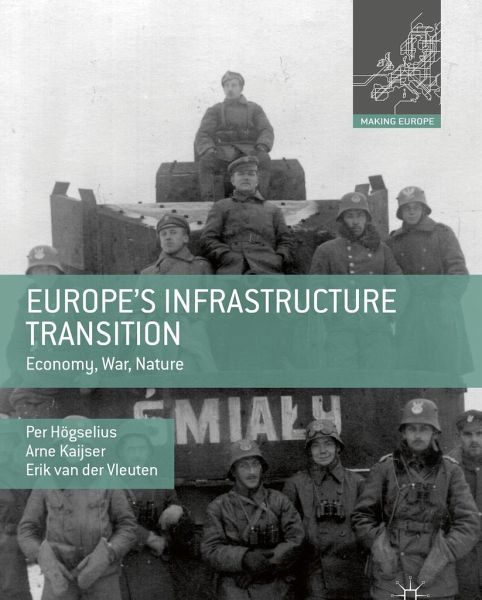
Europe's Infrastructure Transition
Economy, War, Nature
Versandkostenfrei!
Versandfertig in über 4 Wochen
86,99 €
inkl. MwSt.
Weitere Ausgaben:

PAYBACK Punkte
43 °P sammeln!
Europe's infrastructure both united and divided peoples and places via economic systems, crises, and wars. Some used transport, communication, and energy infrastructure to supply food, power, industrial products, credit, and unprecedented wealth; others mobilized infrastructure capacities for waging war on scales hitherto unknown. Europe's natural world was fundamentally transformed; its landscapes, waterscapes, and airscapes turned into infrastructure themselves. Europe's Infrastructure Transition reframes the conflicted story of modern European history by taking material networks as its poin...
Europe's infrastructure both united and divided peoples and places via economic systems, crises, and wars. Some used transport, communication, and energy infrastructure to supply food, power, industrial products, credit, and unprecedented wealth; others mobilized infrastructure capacities for waging war on scales hitherto unknown. Europe's natural world was fundamentally transformed; its landscapes, waterscapes, and airscapes turned into infrastructure themselves. Europe's Infrastructure Transition reframes the conflicted story of modern European history by taking material networks as its point of departure. It traces the priorities set and the choices made in constructing transnational infrastructure connections - within and beyond the continent. Moreover, this study introduces an alternative set of historically-key individuals, organizations, and companies in the making of modern Europe and analyzes roads both taken and ignored.



